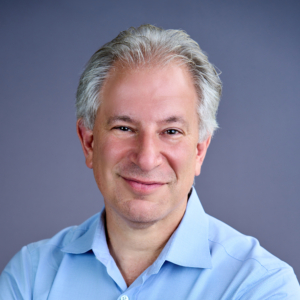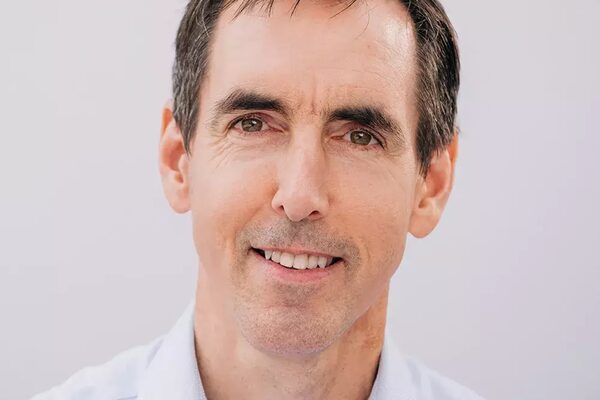
Boris Groysberg and Robin Abrahams look at a great deal of data on the life contexts and choices of executives, and their Harvard Business Review piece suggests three truths that emerge from amidst great individual variety:
Life Happens
Knowing that, focus on things that matter before they’re gone and build in the capacity to respond with authenticity and focus when things don’t happen the way you’d envisioned.
There are multiple routes to success
Therefore, introspect on the question of one’s own values and one’s own best choices.
No one can do it alone
Therefore, attend to building and nurturing the relationships that will support and sustain success.
If Groysberg and Abrahams added a lens to the data they have gathered in order to interpret the question of how these executives develop, at work and more broadly in their lives, I believe they would see a fourth truth.
Bob Kegan, their colleague from across the river at the Harvard Graduate School of Education, has made it his life’s work to understand the ways that adults develop across the different domains of their lives. His under-read book, In Over Our Heads, suggests that people encounter many of the same demands in their different spheres of work, intimacy, parenting, schooling, and so on. The challenges that are at one’s growing edge as a parent and as an executive are likely to bear a strong resemblance to one another. For example, a mother faces the question of how to bring her son to value slow, careful reading while at the same time she is opening herself up to the world of a digital native, her son, who might be learning to communicate in ways she finds foreign. That question structurally mirrors the question she faces at work regarding how to navigate the simultaneous need to drive a core business through established models while nurturing a disruptive development project with a contradictory business logic, requiring distinct talent and a divergent culture.
Kegan’s work suggests a candidate for a fourth truth:
The pivotal questions of development show up in every domain of life. Use different domains as complementary opportunities for learning, and let each enrich the others.
I would propose to call this the principle of Developing in Counterpoint. In the example above of the mother/executive, what’s missing in her “melody” at work is the element of integration of opposing ideas. As Kegan would articulate, that’s not simply a technical challenge – but an adaptive challenge that calls for thinking and feeling in new ways, experiencing the two worlds of the core business and the disruptive development as coexisting aspects of a broader project, rather than as jarring worldviews competing to be right. Perhaps she can find a way to be playful with her son about how the pleasures of reading and texting might coexist in her son’s life and see a richer set of possibilities for how to communicate than she’d ever have seen without his help. And, in this counterpoint, how to navigate the both/and of leading operations and leading innovation at work might begin to resolve into a clear pattern, a tune she can carry.



